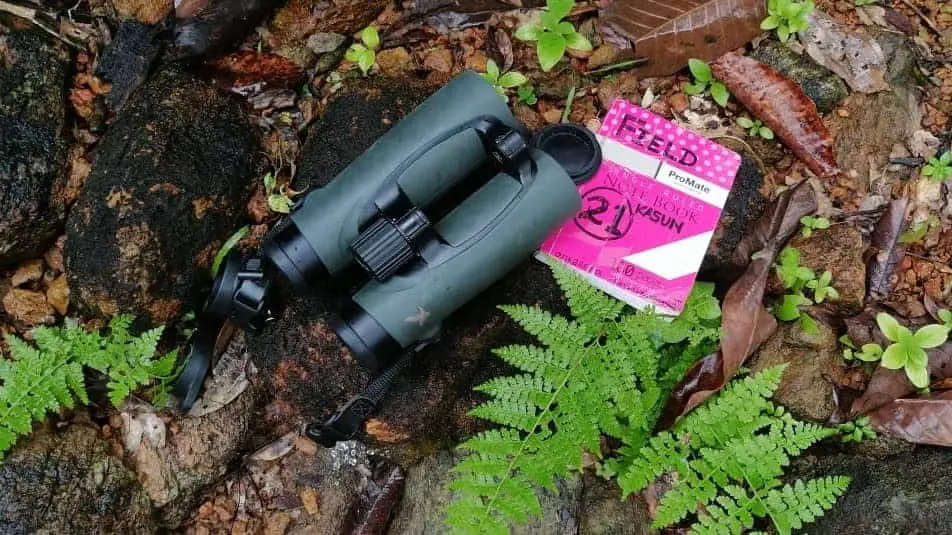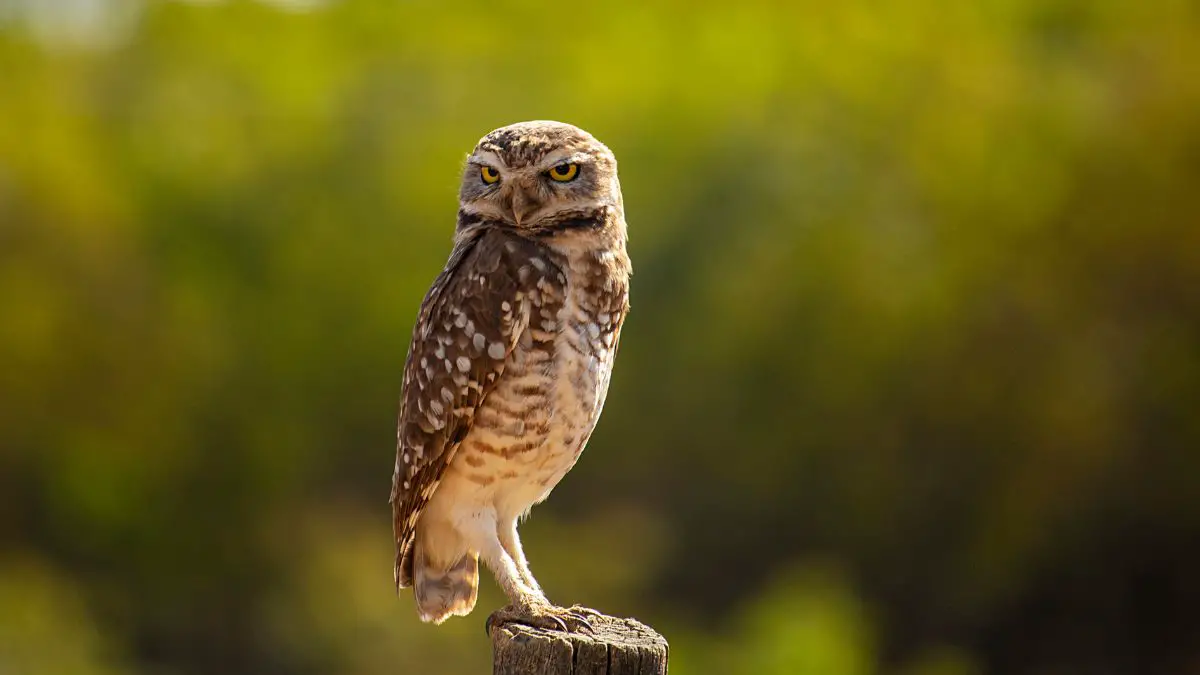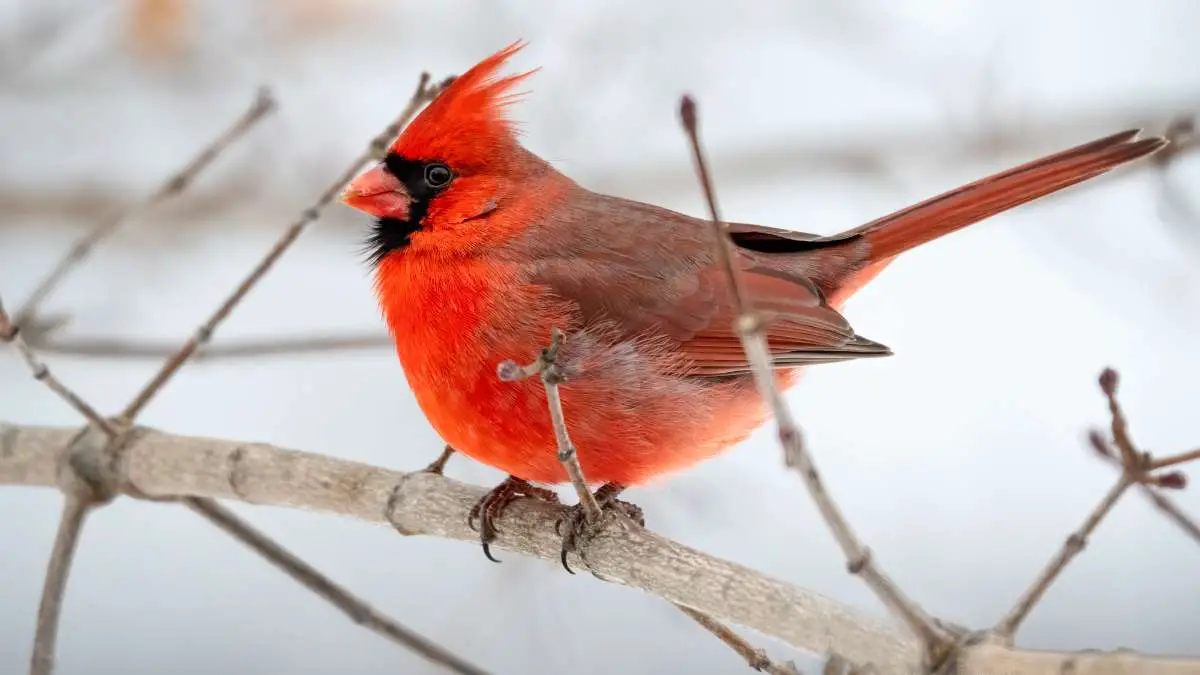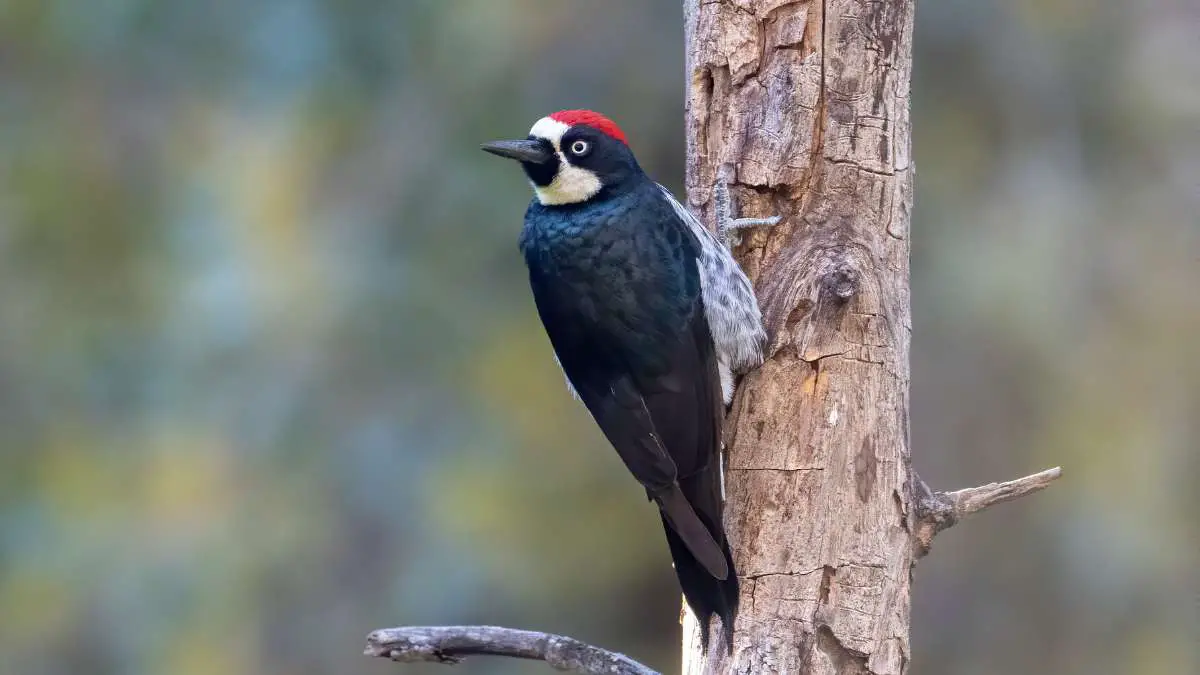There are many useful concepts formulated to make changes to the way we operate in the society. One such concept is the 5S concept which is originated in Japan and proposed in the area of management and productivity improvement. Similarly, there is another concept related to sustainability which is the 3R concept (Reduce, Reuse, Recycle).
Since those concepts are presented in a simple manner by abbreviated letters, it can be easily communicated. Thus, it reaches to a larger audience and lot of people have experienced many positive changes in their lives after implementing them.
Birding community includes millions of birders. Hence, I believe it is necessary to have concepts, guides and methods that direct birders to develop as a community and protect nature in its purest state.
Thus, I thought of formulating a concept on how an individual can become a successful, productive and responsible bird watcher. Here is 5S and 3R approach for birding.
5S FOR BIRDING
Be a simple person, sharing person, sharp person, sensible person and person who surmount difficulties in the field.
1 – Simple
I have experienced many uncomfortable and stressful conditions when I did bird watching with many gadgets. Usually, when I went birding, I took DSLR Cameras, pair of binoculars, tripod, spotting scopes, back packs, and many other gadgets which didn’t really let me enjoy bird watching in the field.
Converse to enjoyment, mostly, I finished my bird watching camps feeling tired and with disappointments.
If you really want to enjoy the bird watching never ever mix bird watching with bird photography, research or any other activity.
Before, I also thought that when I was in outdoors, I may spot a rare bird in anytime and need a camera to capture it. But mixing many tasks will definitely miss the onsite opportunity to enjoy the event by yourself.
This doesn’t mean that I am suggesting to stop bird photography. However, it is better to do two activities separately to be productive on both.
When you want to take photographs of birds, make a separate and dedicated trip only for that purpose. This will give you promising and satisfactory results.
But there are professional bird photographers who can follow a bird and its behavior to photograph it. They trained themselves to do it. But still multi-tasking is a challenging thing for many people.
For a beginner and an average level birder, he or she first needs to collect experience about bird watching before trying to do any other activity simultaneously. So, keep that in mind and be simple with your equipment’s and activities.
2 – Sharing
You can share your observations with other responsible birders. Or share them in a citizen science program database platform such as eBirds, GBIF and iNaturalist.
There are lot of data scientists who can analyze our shared data and come up with annual trends in bird occurrences, their movement patterns, how the abundance may fluctuate monthly, and many more.
Those results are very important to make conservation-oriented decisions and protect birds from many threats emerging. When we share our observations during our bird watching trips on a particular date, this will be going to help birds indirectly for their survival.
In addition to that, you can share your observations, experiences and site related other information with other like-minded bird watchers. It will help them to prepare well for the birding activities.
3 – Sharp
Be a sharp person, not only on spotting birds but also on environmental issues. Currently we are facing many environment related threats and issues which are directly affecting birds and their survival.
We need to have sustainable populations and bird diversity among our surrounding in order to enjoy them. A world without birds! I cannot imagine and I don’t like even to think about it.
So be sharp and vigilant about possible human induce threats towards bird life such as deforestation, pollution, use of pesticides and insecticides, etc. and do shout out against those activities at your best way.
If you speak out there will be many like-minded people to join and support. Not only threats I mentioned above but be sharp and concerned on unethical bird watching practices as well.
If you find an unethical bird watching activity such as attracting birds by play back their calls unnecessarily, you must stop it because those activities going to harm the bird in many ways even psychologically.
4 – Sensible
We have to acknowledge that other birders (nature lovers) have the same rights and should get opportunities to enjoy the outdoors in the similar way we do. So, be sensible about the other people and colleagues if you’re a team member in a birding group.
Don’t be a selfish on opportunities, specially with spotting rare birds. And it is better to keep a healthy distance always with other birders, so that you will not distract their detection and disturb their focus.
Usually, birding groups teamed up with 3-10 people but less is better. Silence is a gem when you are birding. So, having no or less verbal communication during birding is recommended. You can use sign language if you want to communicate an important spotting of a bird with the others.
5 – Surmount
Once you become a serious birder, mostly, you will have a life list exceeding 1000 bird species ticked. Then, most of the new bird adding need to be completed by visiting location with minimum facilities.
Most of the rare and country endemics are restricted to most remote jungles and hardly accessible locations. Birding in an unfamiliar outdoor environment always comes with many challenges.
Thus, do not expect high comforts everywhere when you do birding. Try to adapt to the local condition as a local person. It’s another different experience and remain as a lifelong memory when you do that.
3R FOR BIRDING
Be a respectful person, responsible person and reliable person.
1 – Respect
When we do bird watching in outdoors, we will meet many other bird watchers who have the same interest towards birds but with different social and cultural backgrounds. It is nice to respect their cultural and social differences because all those differences are parts of biodiversity.
I have often experienced that in most of my bird watching trips. Birders usually try to connect with each other and share their observations and experiences. But there are so many possible pathways to develop unpleasant arguments and debates on birds and birding.
The best example is arguments about common English names/ vernacular names of birds. This happens since different bird clubs and associations in the world in different region use different common names for same bird species.
In this kind of situations, the best practice is to go with the taxonomically approved scientific names and avoid arguments and respect whatever the other birders talk about the common name/ vernacular name.
Another important fact is avoiding arguments about providing proof for super rare bird sightings. Some bird watchers will not believe you spot a super rare bird unless you provide some proofs (sound records/ photographs). Specially if you are not a key role player in highly active bird groups within social media.
You know your observation at the best and no need to prove it to others. So, learn to enjoy it by yourself. And respect the most experienced bird watchers among you and try to learn from them.
2 – Responsible
Be a responsible person when it comes to bird watching. If you are a beginner, try to be a responsible bird watcher to best possible level you can. We need to be responsible for the well being of birds we watch.
Think like all the individual birds as a separate living entity which has its own desires, role to play, private life, and home range and territory. So, we are going to SPY on them for our happiness.
Thus, try your best not to spoil their behaviors, do not disturb their habitats, do not photograph them specially when they at their breeding activities. When you watch birds always keep some distances so that bird can feel safe and comfortable.
Some bird watchers trying to go closer as much as possible even they have the most powerful optics in their hand. That will stress the bird and send them away. Never ever practice these ill behaviors towards birds. Keeping the observing bird within its comfort zone is your sole responsibility.
Never ever disturb the habitat and the environment where birds live. Be responsible to preserve the natural conditions as much as possible. Some people use to clean branches and leaf to better visibility, some remove stones and bushes just to place their tripods and monopods. Avoid those behaviors, once you out in the nature to enjoy birds.
Avoid using tape lures and play backs of bird calls and songs to attract them to you, unless you are a serious researcher. Because when we play a bird call or a song, the target bird gets stressed. And if we continue to do that, it may affect fitness of some individuals of the bird population at a particular area. This effect will profound for territorial species.
I have seen some bird watchers use play back calls of owl species just to see them even during the daytime. Because of that those owl species get exposure to diurnal predators and some time they tend to abandon the day roost after couple of days.
This is really unacceptable and unethical when it comes to birding. So be a responsible birder by accepting the nature as it is when you do birding.
3 – Reliable
Being a reliable person about your observations on bird watching. Nowadays, most of the birders use online APPs such as eBird and iNaturalist or GBIF to enter their bird observations.
Thus, keep in mind to record most reliable information and do not go in to compete with others. Keep your own pace in ticking your life list. And also, be reliable when entering bird counts and location information in those online citizen science platforms since our observations going to help to make very important inferences about bird conservation and long-term survival.
So, being a reliable person on recording information is going to make you an important and valuable bird watcher in the community.
I have proposed a new concept here. There is so much room for it to be developed. So, I would like to listen to your views on this.




